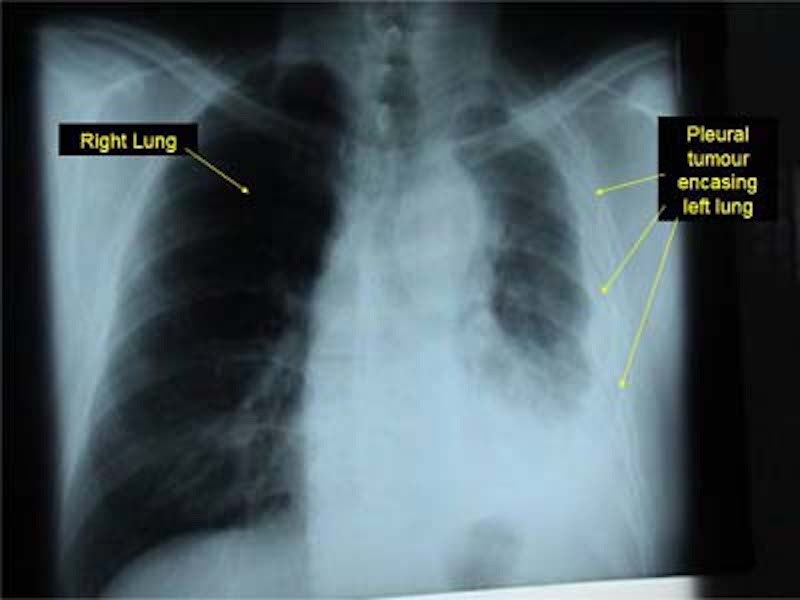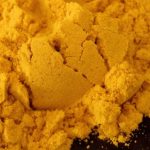One rare type of cancer is called Mesothelioma, a dangerous tumor in the mesothelial tissues of the lungs as well as the abdomen, rising from the inhalation of asbestos. Despite the fact that there is now an increasing consciousness of the dangers of asbestos to health, still many haven’t heard about Mesothelioma and thus, haven’t understood its nature, cause, signs as well as treatment. Even some doctors discover that it’s almost impossible to find Mesothelioma since its symptoms are similar to other ailments like cancer of the lung and pneumonia. It can take decades for a patient who had been revealed to asbestos to develop Mesothelioma – half a century, at most.

Being unacquainted with Mesothelioma poses higher risks since it discourages identification and treatment. A person experiencing treatment has to know the distinct stages of the cancer or the extent of the illness. Opportunities of recovering from Mesothelioma as well as the type of treatment depend on the phase of the sickness. There are essentially two staging systems employed for Pleural Mesothelioma: TNM system as well as Brighan system. These staging systems can also be utilized in other types of cancers, yet, the first is usually used. There is no established technique in finding out the phase of the Peritoneal Mesothelioma cancer therefore the TNM system is used.

At the first stage of Mesothelioma, stage I, the dangerous Mesothelioma cells start to grow as well as multiply only one layer of the pleura. The pleura is the membrane that encloses the lungs as well as lines the wall of the thoracic cavity. In this instance, the cancer patient continues to be in stage I Mesothelioma. At the second stage, the two layer of the pleura are already impacted by Mesothelioma. Take note that in this stage, only one side of the body is influenced. The surplus fluid is consumed by the blood as well as the lymph vessels so there is a balance between the quantity of fluid produced and removed.
Throughout the second stage Mesothelioma, fluid begins to build up between the membrane of the lungs as well as the membrane of the chest wall, producing to pleural effusion. The rise in the amount of fluid produced causes difficulty breathing and chest pain. Other Mesothelioma cancer patients encounter dry and persistent cough. Stage III Mesothelioma implies that the malignant cells have previously spread to the chest wall, esophagus as well as the lymph nodes on one part of the chest. When not treated instantly or when the Mesothelioma patient doesn’t react well to medicine, the cancer might advance to the 4th stage.
More from Things Health
-
Turmeric Curcumin and Lung Cancer
Turmeric's wellness advantages have been getting lots of attention in recent years. Research has investigated and continues to explore turmerics wide array of health enhancing…
-
Symptoms Of Ovarian Cancer
Ovarian cancer is often referred to as a quiet disease as it usually isn't discovered until it is in the advanced phases. In nearly all…
-
Types Of Skin Cancer
Skin cancer happens when skin cells are damaged, for instance, by overexposure to ultraviolet rays from the sun. Melanoma - the most dangerous type of…
-
Proton Therapy Cancer Treatment
Proton treatment, also called Proton beam treatment, is the most sophisticated radiotherapy currently accessible - it destroys cancer cells, but does not attack encompassing healthful…
-
Symptoms Of Prostate Cancer
Cancer of the prostate affects more than 200,000 men each year in the US alone. Worldwide statistics for prostate cancer continue to grow tremendously, and…


















